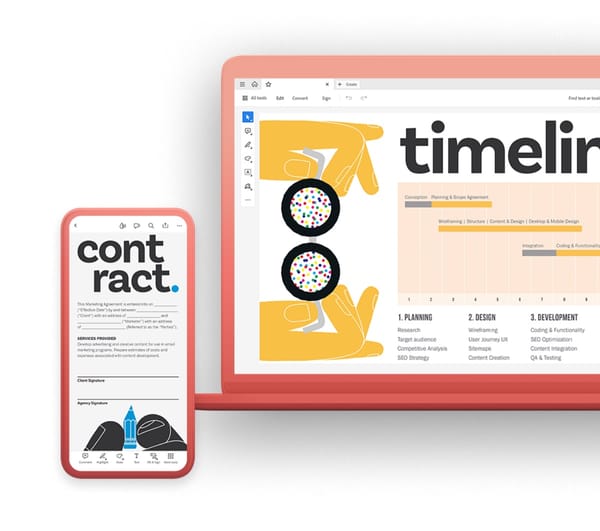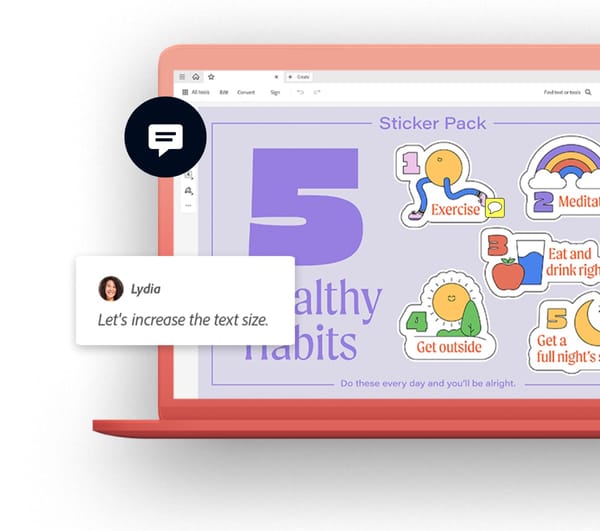Create Your Own Podcast
Podcasting has become a popular form of media, allowing individuals and organizations to share their thoughts, ideas, and stories with a wider audience. If you’re passionate about a particular topic or have a compelling story to tell, creating your own podcast can be an engaging and rewarding experience.
1. Choose Your Niche
The first step in creating your podcast is to identify your niche or area of focus. What are you passionate about? What topics do you feel strongly about? What would you like to share with your audience? Having a clear niche will help you attract listeners who are interested in your content.
2. Develop Your Concept
Once you’ve chosen your niche, it’s time to develop your podcast concept. What kind of format will your show have? Will you have guests, interviews, or solo episodes? Will you focus on storytelling, educational content, or entertainment? Planning your format will help you structure your episodes and keep your audience engaged.
3. Gather Equipment
While you don’t need a professional studio to start a podcast, you’ll need some basic equipment to produce high-quality audio. This includes a microphone, audio recording software, and headphones. You may also want to consider investing in a pop filter to reduce wind noise and plosives.
4. Record Your Episodes
Once you have your equipment set up, it’s time to start recording your episodes. Find a quiet, well-lit space to record, and speak clearly and concisely. If you have guests, be sure to introduce them and provide context for their expertise.
5. Edit Your Episodes
After recording your episodes, it’s time to edit them. This includes removing any errors, adding intros and outros, and adding music or sound effects. You may also want to adjust the volume levels and apply equalization to improve the overall audio quality.
6. Host Your Podcast
Once your episodes are edited, you need to host them on a podcast hosting platform. Popular options include Buzzsprout, Podbean, and SoundCloud. These platforms allow you to upload your episodes, create a podcast feed, and distribute your show to podcast directories like Apple Podcasts and Spotify.
7. Promote Your Podcast
Once your podcast is live, it’s time to promote it to your audience. Share your podcast on social media, submit it to relevant websites and blogs, and consider running ads. You can also collaborate with other podcasters to cross-promote each other’s shows.
8. Keep Creating
The key to success in podcasting is consistency. Aim to release new episodes regularly to keep your audience engaged and build momentum. As you gain experience, you can experiment with different formats, topics, and guests to keep your show fresh and interesting.
Additional Tips:
- Do your research: Before you start recording, research your topic thoroughly to ensure you’re providing accurate and informative information.
- Be yourself: Your passion for your topic will shine through if you’re genuine and authentic in your presentation.
- Engage with your audience: Respond to comments, answer questions, and participate in online discussions to build a community around your podcast.
- Have fun! Creating a podcast should be an enjoyable experience, so don’t be afraid to have fun with it.


